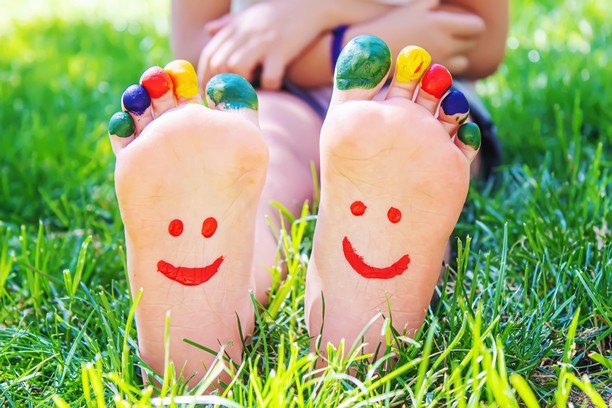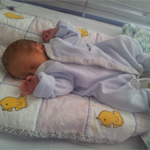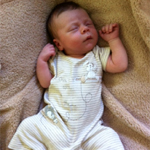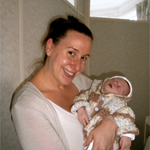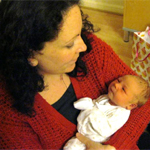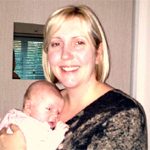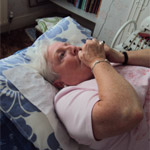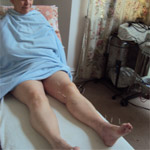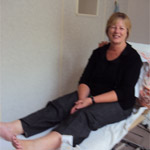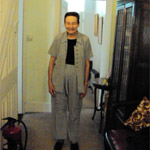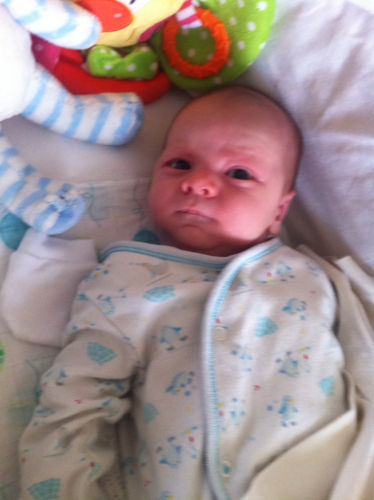National Feet Week: How osteopathy can help put your best foot forward
Feet: they hold us up, help us get from A to B and are critical to our balance and posture. Which are just three of the reasons why it’s essential to look after the health of feet and the 26 bones, 33 joints and more than 100 muscles, ligament and tendons they are made up of.
With National Feet Week being marked from 7th March to 12th March, we wanted to highlight some of the most common problems associated with them. Plus give some tips from Osteopath Denise Callaghan on how to keep the health of your feet on track.
- Plantar Fasciitis
If you’ve ever had Plantar Fasciitis you’d know about it. That’s because this painful type of condition is when your plantar fascia is inflamed or swollen.
Your plantar fascia is the band of tissue stretching from your toes to your heelbone. You might get an initial pain or stiffness in your heel when first standing. And this pain can be worse in the mornings or after long periods of rest. If untreated, it can be painful all the time.
What is the cause of Plantar Fasciitis?
Plantar Fasciitis, which was more informally called Policeman’s Foot, can be caused by extensive walking on hard surfaces and doing so in unsupportive shoes. It can happen more as we get older and the ligaments in the feet are not so strong, which can cause the foot to splay.
Plantar Fasciitis can also be caused by:
- A tight Achilles tendon
- Overuse by walking or by running
- Walking or running or hard surfaces
- Having flat feet or high arches
- Achilles Tendinopathy
According to the latest stats, Achilles Tendinopathy (which is sometimes referred to as Achilles Tendinitis) affects more than 150,000 people in the UK every year. It’s believed to be more common nowadays with the rise in the number of people taking up running.
What is the cause of Achilles Tendinitis?
This debilitating problem is caused by repetitive or intense strain on the Achilles tendon.
Your Achilles tendon is formed by the tendon of the two calf muscles, the gastrocnemius and soleus coming together and attaching onto the bone at the back of the heel called the calcaneus. It’s actually the human body’s thickest tendon and you use it every time you move. Including when you walk, run, jump or push up onto your tip toes.
If you are suffering from Achilles Tendinopathy you may notice heel pain, ankle pain, stiffness or tenderness in the tendon or swelling of inflammation around this area.
- Metatarsalgia
Another problem that’s only felt in the foot is Metatarsalgia. This is a condition in which the ball of your foot becomes painful, tender, and more often than not, it can become inflamed.
This condition which feels like you have a constant pebble in your shoe gets its name because it directly affects the metatarsals – which are the bones connecting the ankle bone to the toes.
What are the causes of Metatarsalgia?
Usually, Metatarsalgia is the result of increased pressure on the ball of your foot.
However, this foot condition can also be caused by:
- Poorly fitting footwear
- High impact sports
- An unusual bone structure in the feet, where you have high-arches of flat feet
- Stress fractures
So, what can help these foot problems?
Here’s the good news! Plantar Fasciitis, Achilles Tendonitis and Metatarsalgia are all conditions that can be solved. And one of the ways in which all three of these problems can be helped is with the power of Osteopathy.
How Osteopathy can help
Depending on the diagnosis, your age and your fitness, here at Denise Callaghan’s Bromley clinic we can use a variety of ways to help you get your foot woes back on track.
Denise says: “We can use electrotherapy, gentle massage and manipulative techniques to reduce pain, inflammation, increase the mobility of the joints and the flexibility of the muscles in the foot.
“We can also look at the muscles and joints in the lower limb, the knee, hip and lower back and my treat any joint restrictions and muscle tightness we find there. I say this because often improving the movement in the joints of the lower body will help the foot and ankle function better.
“While in some cases, and if it’s appropriate to do so, acupuncture can be used to reduce pain and inflammation. This could be particularly beneficial for those suffering with Plantar Fasciitis and Metatarsalgia.”
Along with this, Denise may also offer specific balancing, strengthening or loosening exercises, in addition to strapping, and a referral to a podiatrist to help you find some correctly fitting, supportive, and appropriate footwear.
If you’ve been struggling with some problems with your feet, don’t suffer in silence. Trained osteopath Denise has more than 20 years’ experience in the industry and has treated a number of clients for pains in the foot.
If you’re having trouble putting your best foot forward, get in touch to see how you can get the health of your feet back on track.

